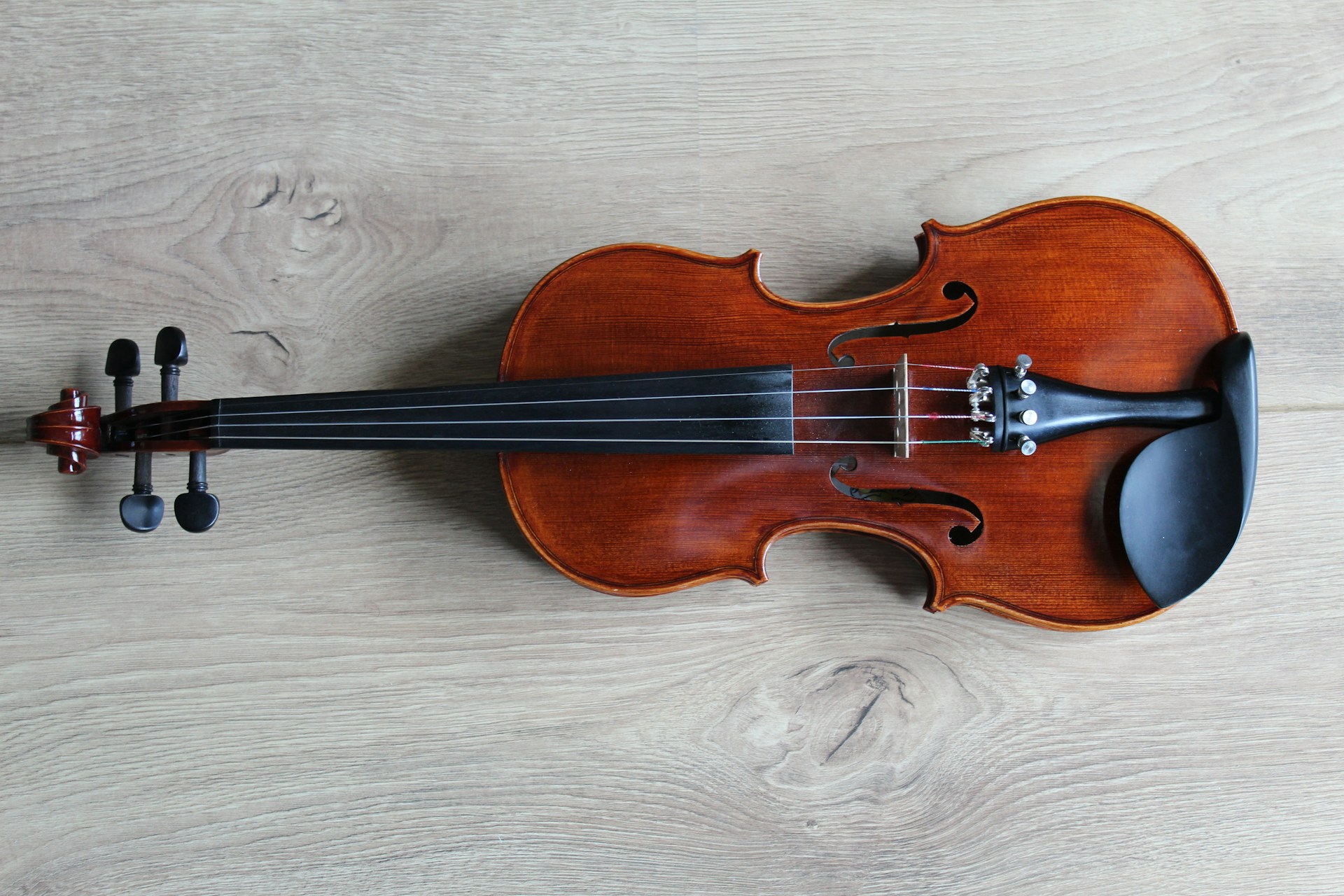
Choosing the right musical instrument is a crucial step for any beginner looking to embark on their musical journey. The right instrument can inspire practice and enhance learning, while the wrong one might lead to frustration and disinterest. This guide will help beginners make an informed decision by considering several essential factors.
1. Personal Interest and Inspiration
Overview
The most important factor in choosing an instrument is personal interest. Beginners are more likely to practice and enjoy playing an instrument they are passionate about.
Tips
- Listen to Different Music: Explore various genres and pay attention to the instruments that stand out to you.
- Attend Live Performances: Watching live performances can give you a better sense of the instrument’s capabilities and appeal.
- Try Different Instruments: If possible, try playing different instruments at a music store or through friends and family.
2. Physical Considerations
Overview
Physical characteristics such as age, size, and strength can influence the choice of instrument.
Tips
- Size and Weight: Some instruments, like the cello or double bass, are large and may be challenging for younger or smaller individuals to handle.
- Hand Size and Finger Dexterity: Instruments like the piano or guitar require a certain level of finger dexterity. Smaller hands might struggle with wider fingerboards or keys.
- Breath Control: Wind and brass instruments require good breath control and lung capacity, which can vary by age and physical condition.
3. Budget and Maintenance
Overview
The cost of an instrument and its maintenance are important considerations for beginners.
Tips
- Initial Cost: Determine your budget for purchasing an instrument. Some instruments, like pianos, can be quite expensive, while others, like recorders, are more affordable.
- Ongoing Costs: Consider the costs of maintenance, accessories, and lessons. For example, string instruments may need regular tuning and new strings, while wind instruments might require reeds or mouthpieces.
- Used vs. New: Beginners might consider purchasing a used instrument to reduce costs. Ensure it is in good condition and has been properly maintained.
4. Ease of Learning
Overview
Some instruments are easier for beginners to learn, while others may require more time and dedication to master.
Tips
- Simplicity: Instruments like the ukulele or keyboard are relatively easy to start with due to their simple playing techniques and quick learning curve.
- Instruction Availability: Ensure there are ample resources available, such as teachers, online tutorials, and instructional books.
- Immediate Gratification: Some instruments provide quicker results, which can be encouraging for beginners. For example, percussion instruments allow beginners to produce a satisfying sound almost immediately.
5. Musical Goals
Overview
Consider your long-term musical goals and the types of music you want to play.
Tips
- Genre Preferences: Different instruments are suited to different genres. For example, if you love rock music, the electric guitar might be a good choice. If you prefer classical music, consider the violin or piano.
- Playing Alone or with Others: Some instruments are better suited for solo performance, while others thrive in group settings. Think about whether you want to play solo, in a band, or an orchestra.
- Versatility: Some instruments, like the piano and guitar, are highly versatile and can be used in various genres and settings.
6. Availability of Lessons and Practice Space
Overview
The availability of quality instruction and a suitable practice environment are crucial for a beginner’s progress.
Tips
- Qualified Instructors: Ensure there are experienced teachers available for the instrument you choose. Good instruction can significantly enhance your learning experience.
- Practice Environment: Consider where you will practice. Some instruments, like drums or trumpets, can be loud and may require soundproofing or practice mutes.
- Accessibility: Make sure the instrument is easily accessible for regular practice. If it’s too cumbersome to set up or put away, you might be less inclined to practice regularly.
7. Trial Period and Rental Options
Overview
Before committing to an instrument, it’s wise to have a trial period or consider renting it.
Tips
- Rental Programs: Many music stores offer rental programs that allow you to try an instrument for a period before making a purchase. This can help you determine if it’s the right fit.
- Trial Lessons: Some music schools and instructors offer trial lessons with different instruments. Take advantage of these opportunities to make an informed decision.
- Return Policies: When purchasing, check if the store has a return policy in case you find the instrument unsuitable after a few weeks of practice.
Conclusion
Choosing the right musical instrument for beginners involves considering personal interest, physical suitability, budget, ease of learning, musical goals, and the availability of lessons and practice space. By taking the time to evaluate these factors, beginners can find an instrument that not only suits them but also inspires a lifelong love of music. This comprehensive guide aims to provide high-quality content that meets the standards for AdSense approval, ensuring valuable and engaging information for readers.
